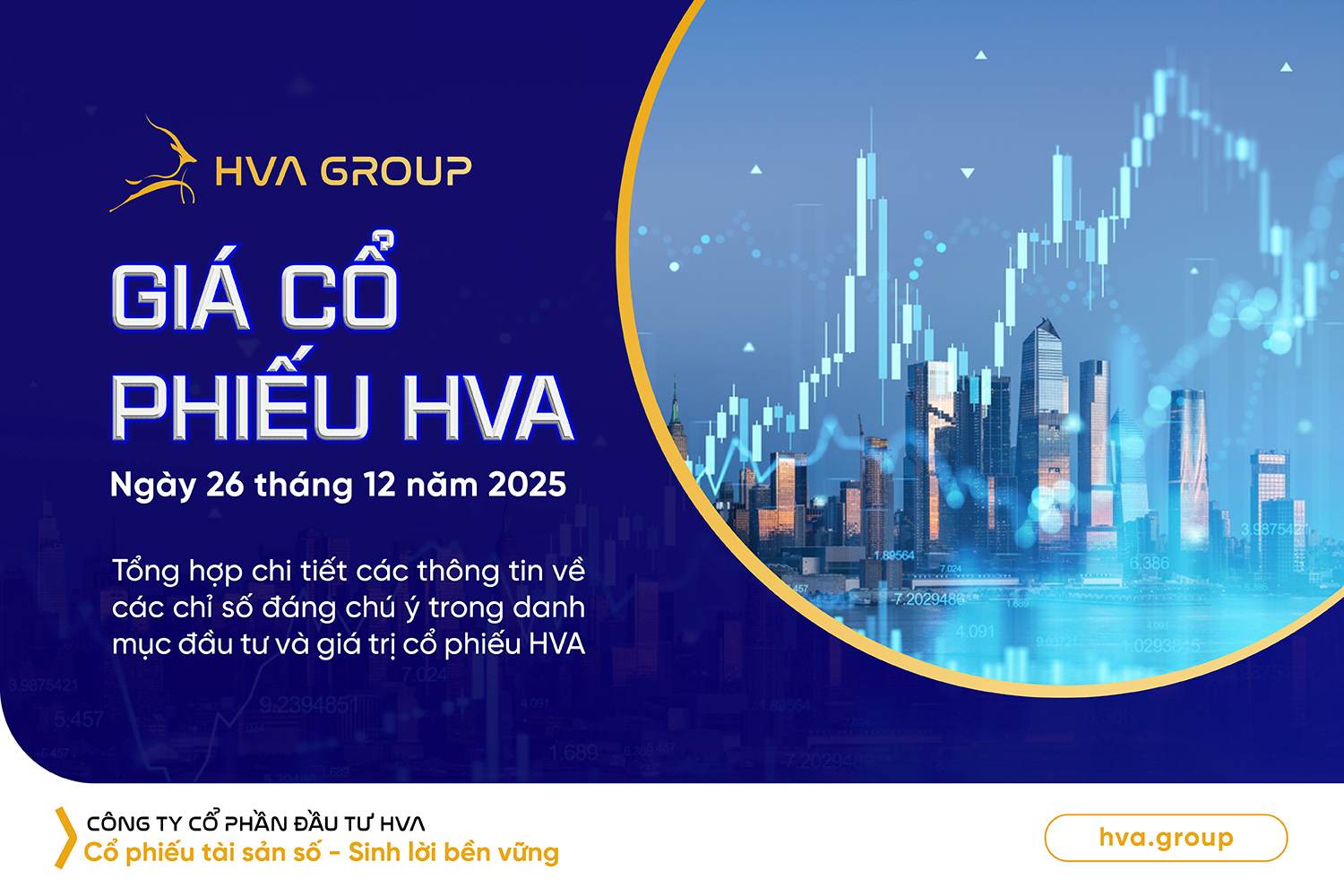The cumulative net buying value of foreign investors on the Vietnamese stock market reached nearly VND140,000 billion at the end of 2019. However, this achievement was quickly blown away after the trend reversed in 2020.
“Foreign net selling” is probably the phrase Vietnamese stock investors have heard the most recently. In May and June, the net selling value on HoSE exceeded VND15,000 billion. Although the level has cooled down and the intensity has been less intense, foreign investors still sold VND7,400 billion in July.
Since the beginning of 2024, foreign investors have net sold VND 59,500 billion on HoSE, surpassing the previous record net selling in 2021. Accumulated since the Vietnamese stock market began operating in 2000, the net buying value of foreign investors has only been VND 6,500 billion (according to HoSE statistics, only counting negotiated transactions and matching orders on the floor). This is a very modest figure compared to the capitalization scale of more than VND 5 million billion and liquidity of about VND 15,000 billion/session on HoSE.
In fact, foreign investors once had a period of continuously pumping money into buying Vietnamese stocks through order matching and agreements on the stock exchange. The cumulative net purchase value at one point reached nearly VND140,000 billion at the end of 2019. However, this achievement was quickly blown away after the trend reversed in 2020. From a certain perspective, it can be seen that foreign investors are building a "pine tree" model of capital flow on the Vietnamese stock exchange.
Many reasons may lead to the net selling momentum of foreign investors such as (1) profit-taking; (2) interest rate differences causing capital flows to tend to withdraw from emerging and frontier markets, including Vietnam; (3) exchange rate pressure affecting the investment performance of foreign funds in the Vietnamese stock market.
However, these factors are only short-term and are difficult to explain for a trend that has lasted for many years. The key issue is the lack of quality goods. Previously, foreign capital flow into the market was persistent when the market had consecutive waves of businesses listing their businesses on the stock exchange, including both the private and state sectors through equitization and divestment activities.
In recent years, this activity has been significantly more gloomy. Lack of new stocks while the stocks that attract foreign investors are full has narrowed the choice. Some stocks were previously the destination of many foreign investors, but changes in macro and internal businesses have caused foreign capital to withdraw.
The lack of goods also affects the portfolio restructuring of large-scale foreign funds. The portfolios of the “sharks” are mainly familiar faces. The reference indexes for ETFs are also “similar” with a structure mainly consisting of bank stocks, securities, and real estate. Investors have almost no other choice.
The increasingly fragmented Vietnamese stock market makes it difficult for funds to make an impressive breakthrough. Some even record quite poor performance. This leads to difficulty in attracting capital, typically the case of BlackRock deciding to close the iShares Frontier and Select EM ETF after 12 years of operation.
More flexible, but active funds and open-end funds also find it difficult to build a diversified portfolio when the structure of the Vietnamese stock market is still too disparate in terms of finance and real estate groups. Meanwhile, "hot trend" fields such as technology, retail, healthcare, energy, etc. do not have many prominent representatives. This will continue to be a barrier to foreign capital flows in the future.
Theoretically, Vietnamese stocks could receive tens of billions of dollars in foreign capital if they were upgraded from frontier to emerging market status. However, the number of stocks that meet the criteria to be included in the portfolios of large-scale foreign funds specializing in investing in emerging markets is not much. On the contrary, funds specializing in investing in frontier markets would then sell a large amount of Vietnamese stocks.
In general, reversing foreign capital flows back to the Vietnamese stock market is not simple and will be difficult to happen in the short term. A positive point is that despite the continuous selling of stocks on the stock exchange, foreign money has not actually withdrawn from the market. Foreign capital flows are still quietly pouring in through share purchases in offerings and off-exchange purchases through VSD. The buying power is not spread out but focused on businesses that are assessed to have growth potential with separate stories.
Source: CafeF






